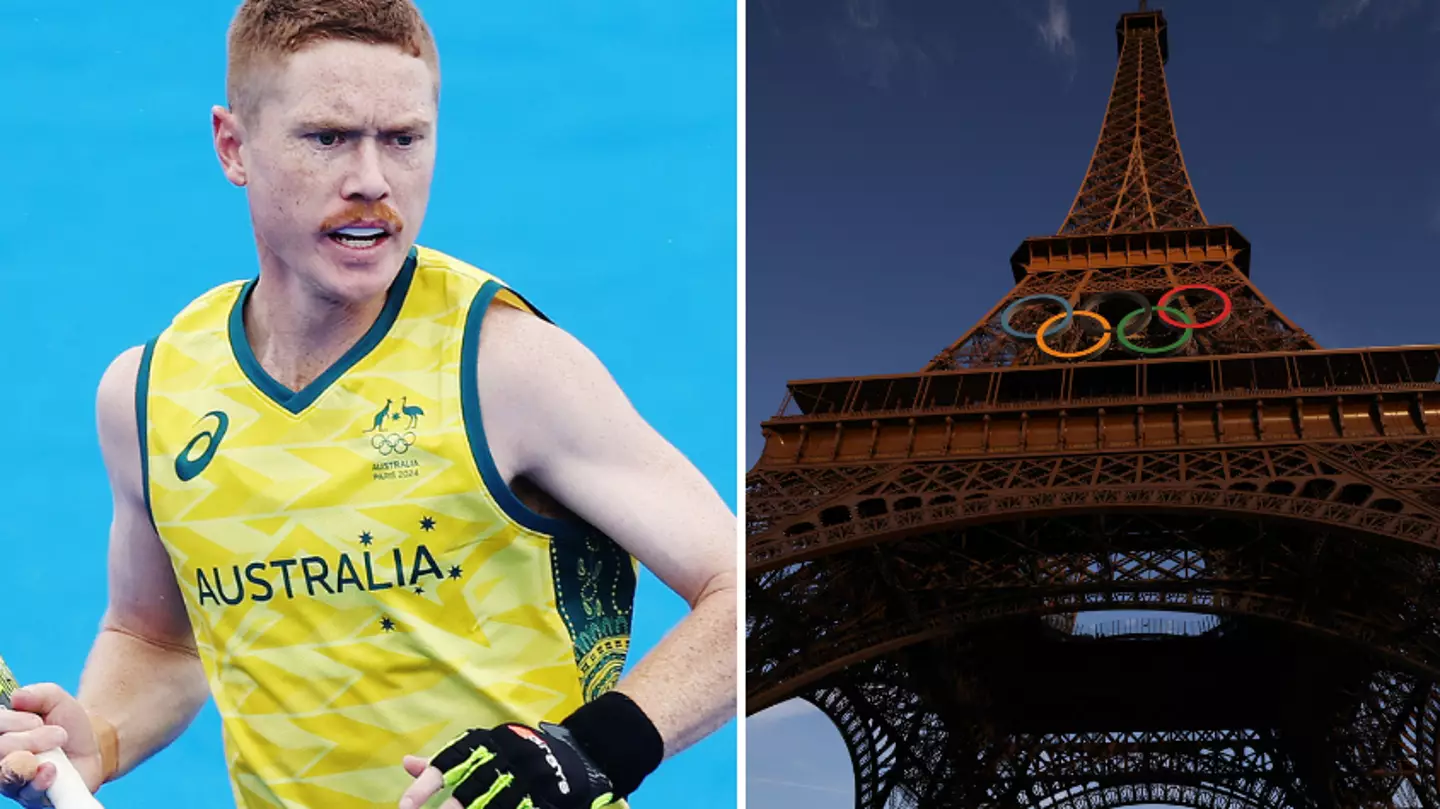
Olympic officials have spoken out about whether or not the athlete who amputated half of his finger in order to compete could also qualify for the Paralympics.
Australian hockey star Matt Dawson made headlines after it was made known that he had chosen to amputate half of his finger off, in order to still compete in the 2024 Paris Olympic Games.
He is part of the Australian men's team, nicknamed the Kookaburras, in the prestigious sporting event.
But viewers are now questioning whether he could also qualify for the Paralympic Games, now having an impairment.
Advert
For those wondering why exactly he had to do this to compete in the Olympics, he suffered an accident in training which meant he broke a finger on his right hand.
.jpeg)
To heal this properly with surgery, the recovery time would have been months, and the accident only happened a few weeks ago.
So he was left with two options - 1) To not go to the Olympics and let his finger heal, or 2) Amputate the rest of his finger for a speedier recovery.
Advert
And in true professional athlete style, he chose the latter alternative.
The 30-year-old had the finger removed from the knuckle up so he'd be able to participate in his third Olympic Games, taking on Argentina on Saturday (27 July) - just 16 days after the injury.
Well for those wondering whether this does indeed qualify him for the Paralympics, the answer seems to be slightly unclear.
Speaking to Tyla, Chief Brand & Communications Officer of the International Paralympic Committee. said: "Although there is no question that a finger amputation classes as an impairment, it is questionable whether this would meet the minimum impairment criteria required to compete in Paralympic sport."
Advert

He continued: "Each Paralympic sport has a minimum impairment criteria as part of its classification rules. These rules ensure that an athlete’s eligible impairment actually affects their ability to do a chosen sport.
"So, for example, a missing digit is unlikely to slow an athlete down when it comes to running the 100m and therefore would not meet the minimum impairment criteria."
The chief also noted that competing in the Paralympic Games is not solely about the impairment the athlete has, it's also about whether or not they are the best.
Advert
He added: "To compete at the Paralympic Games, in addition to having an eligible impairment that meets the minimum impairment criteria for a specific sport, you also need to be a top class athlete and qualify for the Games, just like the Olympics.
"Having a disability alone does not get you a ticket to the Paralympic Games.”
Despite not having a concrete answer as to whether Dawson could compete, it's interesting to know the finer details.
